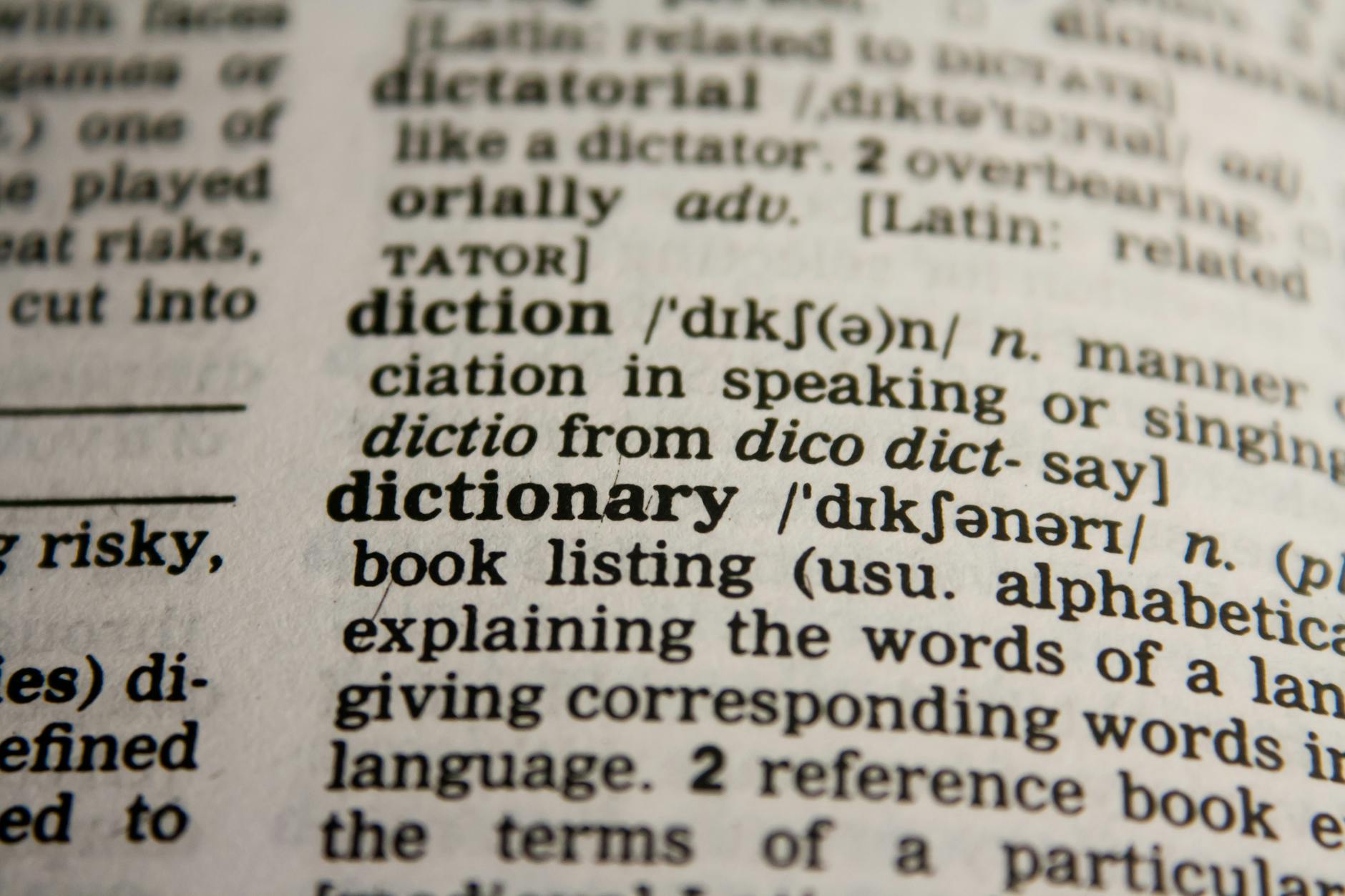It’s a valuable skill that you learn how to write a research paper, whether you are a college freshman or almost finishing a degree. But it is intimidating if you have no idea where to start and how to structure your work. Regardless of whether you are dealing with a difficult topic or whether you are looking to achieve deadlines, it takes scrupulous planning, extensive research, and step-by-step management to produce a good research paper.

By going through this step-by-step guide, you will be a master of the most crucial advice on how to write an excellent research paper that will make a lasting impression. And at any point when you feel you are stuck on the assignment, always remember that assignment help is available to guide you so that you stay on course but not regarding your academic success.
Understand the Assignment
Before writing, have in mind what is needed. Each research paper assignment will have some instructions, and a stick to them is the secret to delivering a great paper.
Read the Topic Again
For most of the cases, the research paper shall already be done together with an already assigned topic, but where you have the option, make sure that you select one which you are keen on and whose applicability resonates with the objective of the course. An appropriate topic not only will facilitate your writing for you, but it will also guide you throughout your research work.
Find Key Guidelines
Read through the instructions of the assignment and identify what requirements are inevitable in any case. They may involve paper length, writing format type (APA, MLA, Chicago, etc.), citation requirement, and specific instruction regarding the source type to cite. It would be prudent to identify them ahead of time, at this instant so that time as well as frustration later on would be avoided.

Seek Guidance if Necessary
If anything about the assignment is unclear, don’t hesitate to reach out to your professor or tutor for clarification. A well-understood assignment lays the groundwork for a successful research paper.
Plan Your Time and Break Down the Process
Research papers usually have extended deadlines, but don’t be tempted to leave everything to the last minute. It’s important to divide the whole process into small tasks.
Create a Timeline
Begin by making a timeline that details all the stages of the process of writing and research. Break the task into small, manageable pieces, such as:
- Picking a topic and narrowing it down
- Research
- Coming up with the first draft
- Revising and editing
This will not be overwhelming and provide each segment of your paper with the attention it needs to receive.

Procrastination Avoidance
To preclude procrastination, establish small, tangible targets for every study session. For instance, you can resolve to finish a specific section of your paper or read a set number of articles within a given time frame. Cumulatively, this will have you finish most of your paper well before the deadline.
Assignment Assistance Use for Time Management
In order not to procrastinate, set yourself small but tangible tasks to complete for each session of study. For example, you can vow to complete a section of your paper or a group of articles within an assigned time. This is something with the lapse of time, and the next thing you know, when your deadline is near at hand, you will have already completed most of your paper.
If you have a time management weakness, then you can outsource the assignment help services. Assignment help services will conduct research on your behalf, get genuine sources for you, and even write and rewrite the paper on your behalf.
Conduct Proper Research
Research forms the backbone of a good research paper. The longer and the more detailed research, the stronger your paper will be.
Start with Scholarly Sources
Your sources’ credibility contributes significantly to your paper’s credibility. Academic journals, books, and reputable websites should comprise the majority of your research. Avoid uncredited sources like blogs or opinion sites, unless they are being quoted as part of a larger argument.
Organise Your Findings
As you study, it is well to be organized. Create a system of references and notes taking. You may use computer programs like Zotero or EndNote to manage references and build citations. Or using plain notebooks or spreadsheets, if only you keep them ordered and have them handy.
Take Good Notes
When note-taking, make sure you record the most significant points, ideas, and quotes that are most relevant to your argument or thesis. Make sure you record full citation information of all sources used so that they can be easily referenced back.

Don’t Plagiarize
Always consider plagiarism by making sure you openly credit any information you borrow from a different source. Plagiarism not only ruins your academic honesty but can also cause serious consequences, such as failing the assignment.
Build a Good Thesis Statement
Your well-crafted thesis statement is the cornerstone of your research paper. It provides meaning and direction to your whole paper. Your thesis should express your overall position or perspective and set out what the reader will be receiving from your research.
Make It Specific
A good thesis should be specific and accurate. Don’t say something as vague or general as “Climate change is bad.” Make it specific like, “Human activities cause climate change, and emergency measures need to be implemented to reduce carbon emissions.”
Ensure It’s Debatably
Your thesis has to be arguable. In other words, there should be some evidence to support your argument, and other people can come up with counterarguments. A disputatious thesis incites thinking and invites controversy, and therefore scholarly research follows.
Briefness
Your thesis statement should be short and brief, ideally one or two sentences. It should encapsulate your main argument without being overly complex.
Organize Your Research Paper
Your research paper structure is quite crucial to present your ideas in a clear way and make your paper readable. Five fundamental sections are present in most research papers:

Introduction
The introduction must give background information on your subject, consider why the subject is important, and clearly state your thesis. This is what establishes the tone for the reader and gives the reader a reason to continue reading.
Literature Review
Literature review is a summary of what has been done on your topic by researchers. The subsection should provide key studies and findings, showing the location of your study in the context. Read the sources with great care and note the shortcomings or holes in the earlier research.
Methodology
Under the chapter on methodology, describe how you carried out your research. This may include the process whereby you gathered data, for instance, surveys, interviews, or experiments. Describe why you used those methods and how they helped to answer your research question.
Results and Discussion
Summarize the findings of your research in the results section in brief and concise terms.
In the discussion, your findings are explained in relation to your thesis and wider literature.
It can be employed to explain any limitation or anomaly.
Conclusion
Your conclusion needs to restate your thesis and a summary of main points covered in the paper. It also needs to have areas of future research or practical implications of your findings.
References
Finally, ensure that all the sources you’ve cited throughout your paper are listed in a bibliography or reference list at the end of your paper. Follow the appropriate citation style as required by your assignment.
Write the First Draft
With your outline and research at hand, it’s now time to start writing. Don’t worry about producing the first draft as perfect—focus on getting your ideas down on paper.

Stay Organised
Stick to the framework that you have set for your research paper. Approach each segment separately, and make sure each component of it follows logically from the last one. Do not leave out references and citations while doing so. This will steer you clear of plagiarism.
Make It Plain
Be concise and to the point when writing. Avoid complex sentences and technical language that will puzzle the reader. Keep your arguments properly presented and rooted in fact.
Don’t Get Stuck on Perfection
Your initial draft needn’t be flawless. Attempt a decent rough draft first, then the revisions. Making every sentence perfect along the way can slow progress to a crawl.
Edit and Proofread Your Paper
Revision period once the initial draft is done. This is to sharpen your paper and present it neatly without errors.
Edit for Structure and Coherence
Look over the overall organization of your paper. Is your argument clear? Are there matters that must be explained or clarified? Edit now so that your paper is delivering your ideas in the best possible clear and compelling way.
Proofreading for Grammar and Style
Once you’re satisfied with the structure, then work on style, punctuation, and grammar. Eliminate all typos, awkward phrasing, or incoherence. It is always best to read the paper aloud at this point so that you catch errors which you might otherwise miss.

Assignment Help Proofreading
If it is difficult to revise or wish someone to fix your paper, get assignment writing services to scrutinize your paper. Professional writers will be capable of providing feedback with explanation and make your paper adhere to levels of academia.
Conclusion
It requires the combination of great planning, significant research, neat writing, and over-the-top editing to achieve a superb research paper. To follow the process discussed herein will enable you to start work with confidence and create an exceptional paper that will excite instructors.
And remember, if you do find yourself in over your head on the project, assignment assistance from Assignment in Need(assignnmentinneed.com) can assist you in getting back in gear and submitting your best work.
The secret to success with research papers is preparation and determination—relax, have the research completed, and proofread thoroughly, and your work will pay off.







